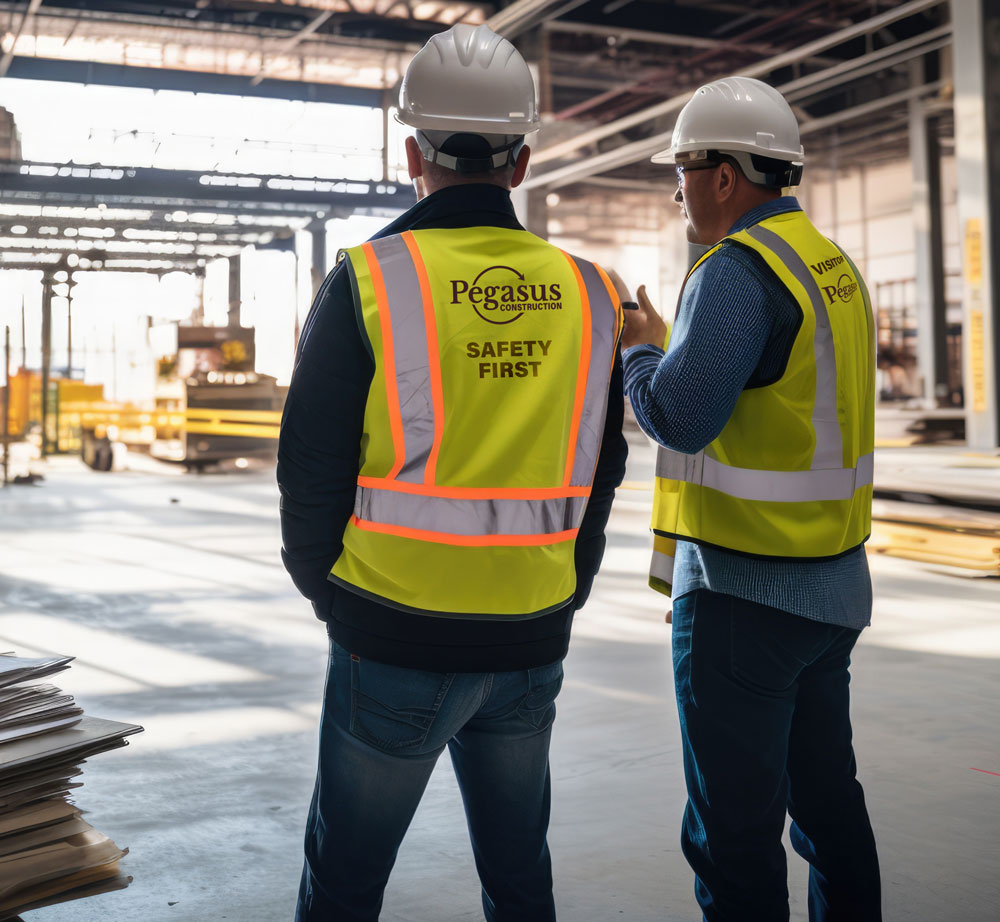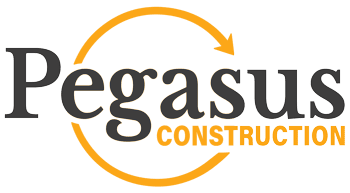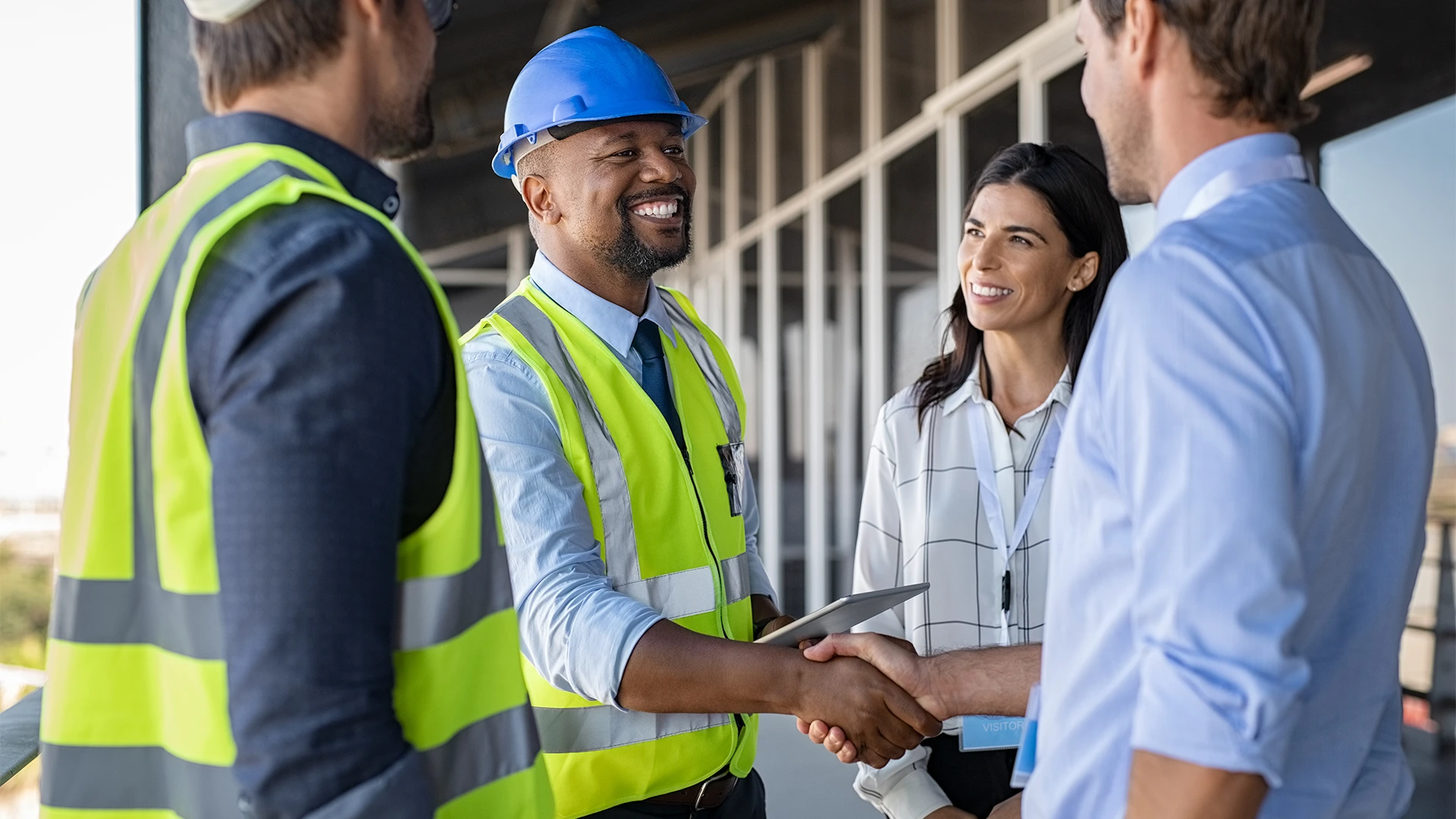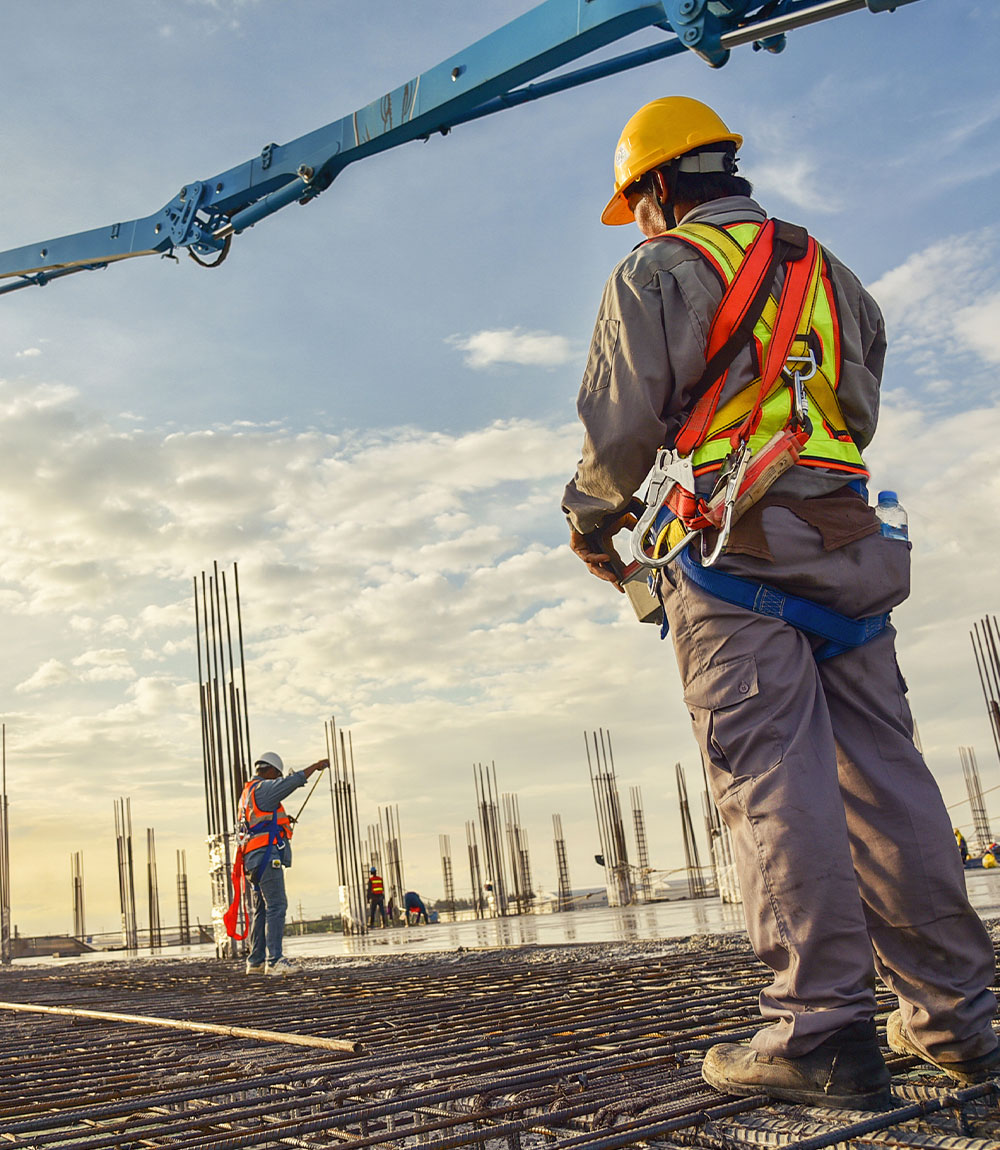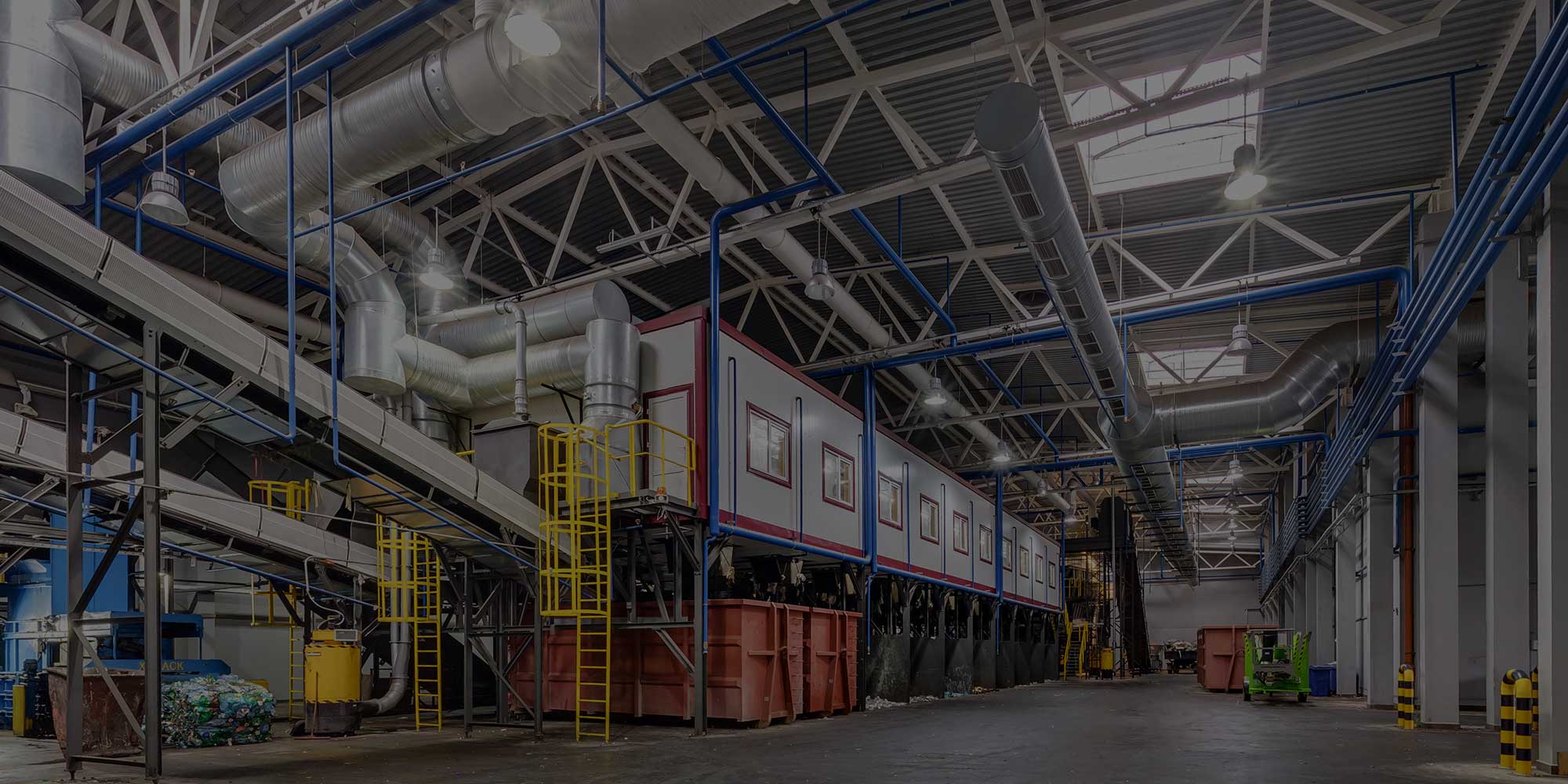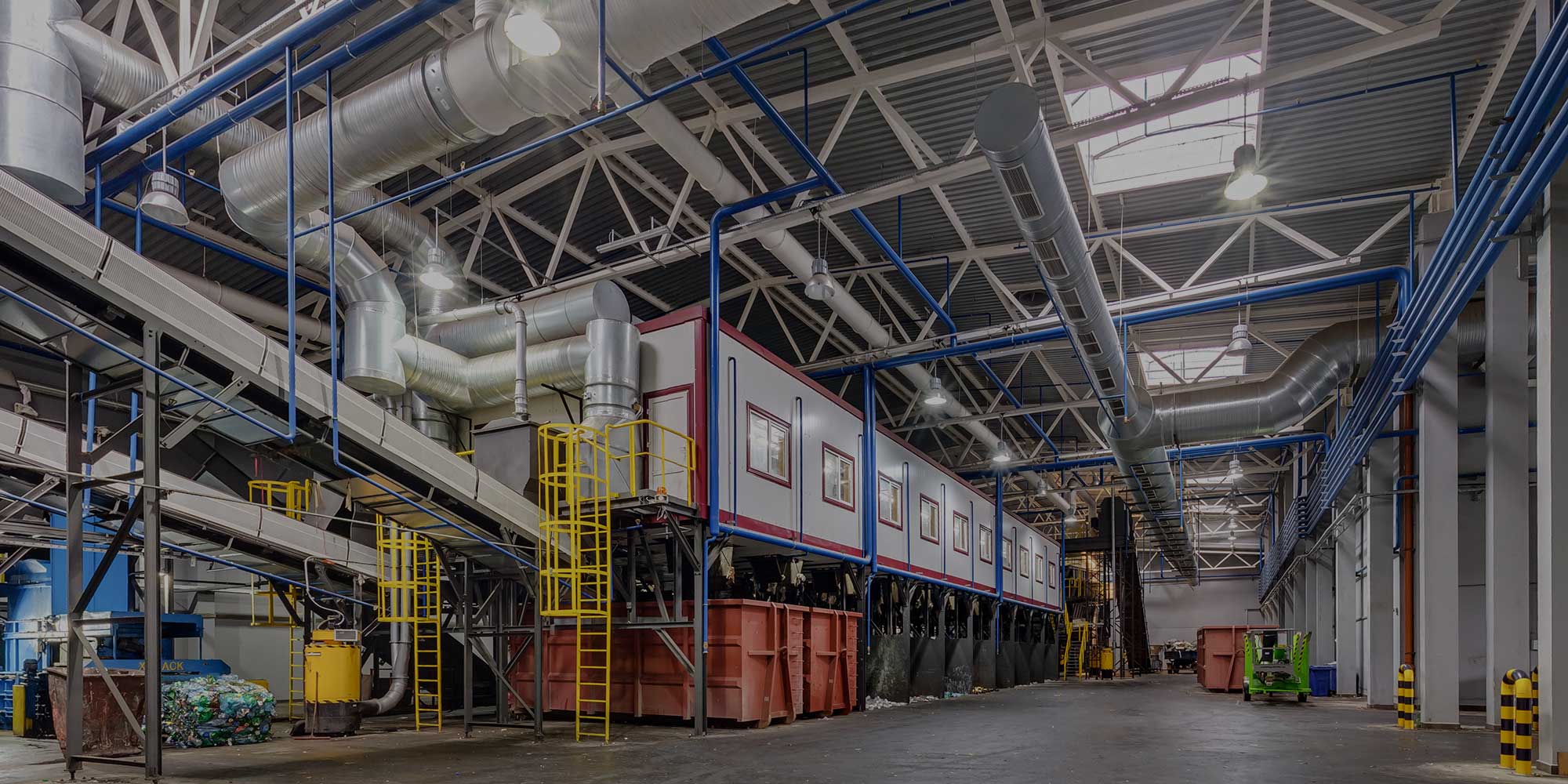
Safety Isn’t Just for Commercial Builds—Industrial Sites Need It More Than Ever
Safety in industrial construction isn’t optional. It’s critical. Every job site, every worker, and every tool on an industrial build carries a higher degree of risk than commercial counterparts. That’s especially true in Phoenix, where industrial development is expanding fast and bringing new challenges with it.
While commercial projects like office buildings and retail spaces get a lot of attention, industrial construction carries a completely different set of safety demands. Think hazardous materials, high-capacity equipment, complex systems, and environmental exposures that make even minor errors dangerous. If you’re involved in industrial construction in Phoenix, this isn’t a detail to overlook.
Here’s what you need to know about how safety on industrial sites works, why it matters more than ever, and how firms like Pegasus Construction make it a core part of every project.
Why Industrial Site Safety Deserves More Attention Than Ever
Industrial projects demand more oversight, more planning, and tighter execution than most builds. The presence of large machinery, raw materials, heavy lifting, and active zones makes them inherently risky. But those risks don’t just exist in theory—they show up in the form of workplace injuries, OSHA violations, and full-blown project shutdowns.
In Phoenix, industrial construction is booming. With the expansion of logistics hubs, manufacturing facilities, and warehouses, contractors are juggling tight timelines and complex scope. As activity ramps up, the margin for error shrinks.
What’s more, recent data from Arizona’s OSHA branch shows a noticeable increase in incidents on industrial sites, compared to commercial projects. Many of those incidents were avoidable, linked to miscommunication, poor safety training, or outdated equipment. That’s why a surface-level approach won’t cut it.
The good news? Smart safety planning not only protects your crew, it also helps reduce delays, keeps insurance costs in check, and boosts your reputation with stakeholders.
The Core Differences Between Commercial and Industrial Safety Protocols
Commercial construction still requires a high level of safety management, but industrial sites are on another level. That’s because the environment and equipment are completely different.
On industrial job sites, you’re dealing with specialized systems, elevated pressure points, confined spaces, and operations that demand task-specific protocols. Workers aren’t just wearing hard hats—they’re wearing respirators, flame-resistant clothing, and gear designed for high-risk zones.
Phoenix’s construction conditions introduce their own hazards: intense heat, rapid weather shifts, and regional soil instability. All of that compounds the need for smarter, localized safety planning.
Commercial builds might prioritize ladder safety and fall protection. In contrast, industrial safety is rooted in systems like lockout/tagout, chemical handling, machine guarding, and atmospheric testing. The approach isn’t just more intense—it’s more layered.
If you’re hiring contractors, ask how their safety plans differ between project types. A good starting point: What questions to ask before hiring a Phoenix general contractor.
Site-Specific Risk Assessments: A Must, Not a Maybe
Every job site is different. What worked on one industrial build may not be safe or legal on the next. That’s why site-specific risk assessments should be part of your pre-construction checklist—not a post-start formality.
In Phoenix, you’ve got unique regional factors to consider. Dry soil leads to unexpected settling. Heat can impair machinery sensors. Dust storms can shut down job sites in minutes. Monsoon season? That’s another hazard entirely.
An effective risk assessment starts with a walkthrough from a certified safety officer. They’ll document physical risks, electrical hazards, and operational conflicts before any work begins. From there, the findings should translate into a working plan: crew placement, traffic routes, safety stations, and communication structure.
Reputable contractors revisit these assessments regularly. If you’re building an industrial facility in Phoenix, these evaluations aren’t optional—they’re essential. This is exactly what Pegasus Construction includes in their safety-first process.
Training and Certification: What Your Crew Should Already Know
No matter how good your equipment is or how clean your site looks, untrained workers are still the biggest risk factor.
On industrial builds, every crew member needs to hold baseline certifications in safety. That means OSHA 10 or 30-hour training, depending on their role. But that’s just the start.
Welding teams need separate certifications for handling gas and pressure tools. Scaffold workers must be trained on fall protection systems. Rigging requires experience and formal evaluation. Even truck operators need licensing for industrial-grade vehicles.
In addition to this, Phoenix builds often involve multilingual teams. Your training material has to be accessible in multiple languages, not just for legal compliance, but for real-world clarity.
As projects expand, subcontractors can create blind spots. Make sure everyone stepping on your site, even for one day, has verified training. Don’t leave safety up to chance.
Industrial-Grade Equipment Safety and Inspections
Big machines bring big responsibilities. Industrial job sites involve cranes, forklifts, mixers, generators, and systems that can do serious damage if misused.
Before every shift, these machines need a full inspection—no shortcuts. Hydraulic leaks, faulty sensors, electrical issues, or mechanical wear can all lead to accidents. Phoenix’s desert climate intensifies the issue, as high temps and dust buildup wear down seals and bearings faster than in other regions.
Operators must be licensed, but they also need periodic refresher courses. Just because someone’s certified doesn’t mean they remember the details or stay sharp under pressure.
Pre-shift logs, maintenance records, and digital tracking tools keep things organized. That’s the difference between running a professional site and playing defense when things go wrong.
Communication Systems That Actually Work on Industrial Job Sites
No matter how detailed your safety plan is, it won’t work without effective communication.
On a noisy, multi-zone industrial site, traditional methods like signs or verbal instructions often fall short. That’s why smart contractors use two-way radios, color-coded zones, and signage in multiple languages. Some even deploy GPS fencing systems that alert workers when they’re nearing restricted zones.
Communication breakdowns are one of the most common root causes behind industrial site injuries. One team doesn’t know another crew is operating heavy machinery nearby. Or, an emergency alert doesn’t reach the right people fast enough.
In Phoenix, where heat and machinery noise add extra layers of interference, tech-assisted communication can make the difference. These systems aren’t luxuries. They’re basic necessities.
How Phoenix General Contractors Can Lead the Safety Charge
Not all contractors are created equal—especially in industrial construction. The general contractor (GC) is the first and last line of defense when it comes to safety.
In Phoenix, the best GCs are the ones who hire local. That’s because local crews understand Arizona’s unique hazards better than anyone. They’re familiar with site-specific standards, regional materials, and the climate’s effect on materials and equipment.
The GC sets the tone on safety. They’re responsible for making sure every subcontractor is compliant. That includes verifying training, conducting weekly safety reviews, and enforcing accountability.
Choosing a local Phoenix general contractor isn’t just about timelines and pricing—it’s about making sure your project doesn’t stall due to avoidable mistakes.
Firms like Pegasus make safety a core value, not a checkbox. It shows in how they manage their teams, how they document procedures, and how often their sites pass inspection without issues.
Real-Life Consequences of Ignoring Industrial Safety Standards
Skipping safety steps might save time on the front end, but it almost always costs more later.
In Arizona alone, dozens of projects have faced temporary shutdowns due to overlooked safety regulations. These aren’t just paperwork delays. We’re talking about injuries, lawsuits, worker’s comp claims, and reputational damage that’s hard to reverse.
When workers feel unsafe, morale drops. Productivity slows. Attrition rises. And when a firm’s name gets associated with a major incident, winning future contracts becomes a lot harder.
Think of safety as the insurance policy you hope never to use—but absolutely need to have.
Building Safety Into Your Phoenix Industrial Project From Day One
The best time to plan for safety is before you break ground. That’s not just a saying—it’s a business principle.
During preconstruction, your contractor should walk through every safety variable. That includes logistics planning, vendor coordination, weather monitoring, and regulatory compliance.
Phoenix-based projects benefit from firms who understand local permitting processes and environmental risks. Partnering with vendors who also prioritize safety cuts down on the weak links in your chain.
Digital modeling tools can simulate high-risk activities, test crew flow, and help visualize hazard zones. Integrating this from the start makes implementation smoother and helps identify risks that aren’t obvious on paper.
Talk to Pegasus Before You Break Ground
If you’re planning an industrial build in Phoenix, now’s the time to talk about safety. Don’t wait until the inspector flags something—or worse, until someone gets hurt.
Pegasus Construction brings deep experience and a proven safety-first process to every project. From initial planning through final inspection, they build with integrity, precision, and worker well-being at the center.
Reach out today to schedule a project review, safety audit, or consultation.
Frequently Asked Questions
What makes industrial construction more dangerous than commercial?
Industrial projects use more powerful equipment, involve hazardous materials, and take place in more volatile environments.
How can I ensure my Phoenix contractor is prioritizing safety?
Ask to see their safety plans, past incident reports, training logs, and inspection history. Look for transparency and detailed answers.
Is Arizona OSHA different from federal OSHA?
Yes. Arizona operates a state-approved OSHA plan that meets or exceeds federal standards, with some region-specific rules.
What should be included in an industrial site safety plan?
PPE protocols, hazard communication, equipment inspection schedules, emergency response plans, and site-specific assessments.
Does Phoenix’s climate increase construction safety risks?
Absolutely. Extreme heat, flash floods, and dust storms all create unique challenges that impact worker health and machinery.
Do all crew members need the same certifications?
Not exactly. Basic training is required across the board, but each specialty has its own licensing and education requirements.
Can tech improve safety on industrial sites?
Yes. Wearables, GPS fencing, drones, and real-time reporting platforms help identify risks faster and improve crew awareness.
How often should a safety inspection happen on an industrial build?
Daily walkthroughs and weekly formal inspections are recommended. Major milestones should trigger full safety audits.
What happens if a subcontractor violates safety protocol?
The general contractor usually bears responsibility, which is why they must enforce and audit subcontractor compliance.
Ready for the next phase? Pegasus is. Let’s build something safe, efficient, and made to last.
Explore our industrial construction services in Phoenix.
Pegasus Construction: Your Phoenix Partner
We have been helping Arizona developers bring projects to life for nearly four decades. From the initial grading to the final inspection, we are with you at every step. Whether you’re constructing a subdivision, retail center, or industrial park, we have the team, the tools, and the proven track record to make it happen.
Are you ready to get started? Call us at 602-285-9339 or email us at contact@azpci.com. Our office is at 2140 W Greenway Rd, Phoenix, AZ 85023. Let’s create something great together.
